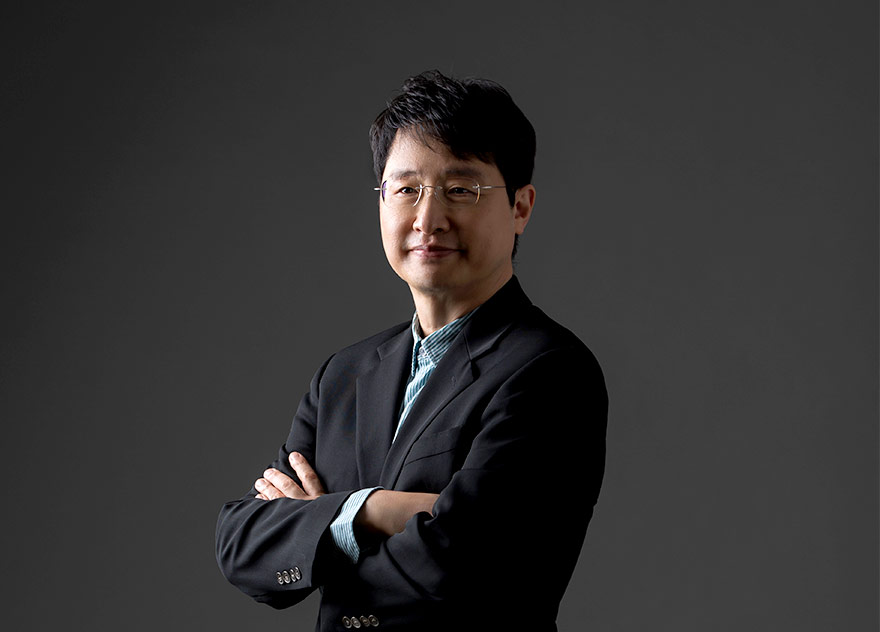
Ewha Brain Institute Team Led by Chair Professor In Kyoon Lyoo Publishes Breakthrough PTSD Study....
Ewha Brain Institute Team Led by Chair Professor In Kyoon Lyoo Publishes Breakthrough PTSD Study in Signal Transduction and Targeted Therapy
A research team led by Chair Professor In Kyoon Lyoo at Ewha Womans University’s Department of Pharmacy and Ewha Brain Institute has achieved a global first by identifying a novel therapeutic target for Post-Traumatic Stress Disorder (PTSD): the regulation of gamma-aminobutyric acid (GABA) by astrocytes in the brain.
Published on July 28, 2025, in Signal Transduction and Targeted Therapy (Impact Factor: 52.7), a leading journal in biochemistry, molecular biology, and cell biology, the study offers a transformative understanding of PTSD at the cellular and molecular levels. It paves the way for innovative drug development to treat this debilitating condition.
PTSD, a severe psychiatric disorder characterized by intense anxiety and distressing, recurrent memories of traumatic events, has historically been treated by targeting serotonin receptors, with limited success (20–30% response rate). The urgent need for new therapeutic approaches drove Professor Lyoo’s team to investigate GABA, a key neurotransmitter.
The research team focused on the neurotransmitter GABA, discovering abnormally high concentrations in the prefrontal cortex of PTSD patients. For the first time, they identified that this excess GABA is produced by the brain's astrocytes. These star-shaped non-neuronal cells have been relatively overlooked in psychiatric research until now. By highlighting astrocytes as a key therapeutic target for PTSD, the study is generating a major impact in the academic and medical communities.
Through a large-scale human brain imaging study involving over 380 participants, the team confirmed elevated GABA levels in the prefrontal cortex of individuals with PTSD. Crucially, they also demonstrated that as patients recovered, their GABA levels returned to normal, proving a direct link between GABA regulation and symptom alleviation.
Furthermore, the team validated the efficacy of a new drug candidate, 'KDS2010,' which controls excessive GABA production in astrocytes, through animal model experiments. The compound was shown to selectively inhibit the enzyme Monoamine Oxidase B (MAO-B), thereby normalizing GABA levels, improving cerebral blood flow, and mitigating PTSD symptoms. Having successfully completed a Phase 1 clinical trial confirming its safety, KDS2010 is now being prepared for a 12-week Phase 2 trial. This progress is being hailed as a leading example of how a therapeutic strategy targeting astrocytes can lead to a tangible PTSD treatment.
The research is also highly regarded for its "reverse translational study" approach. The team traced biological processes in the lab by starting with clues identified from clinical data in actual patients. By organically linking large-scale human clinical studies, post-mortem brain tissue analysis, and animal experiments, the study has presented a personalized treatment strategy applicable to real-world patients.
"This achievement is a prime example of a reverse translational study, where key findings from the human brain were mechanistically investigated in animal models and then connected directly to drug development," stated Chair Professor Lyoo. "It is a groundbreaking study that found the fundamental cause of PTSD, which had long been unclear, in an unexpected source―astrocytes. We are hopeful that this will evolve into a practical and effective treatment for patients in the future."
View Published Paper: https://www.nature.com/articles/s41392-025-02317-5

